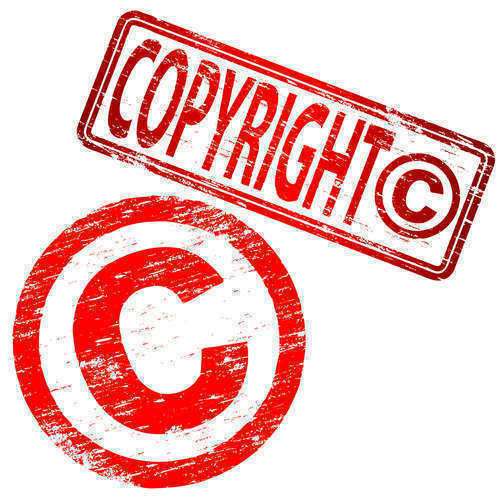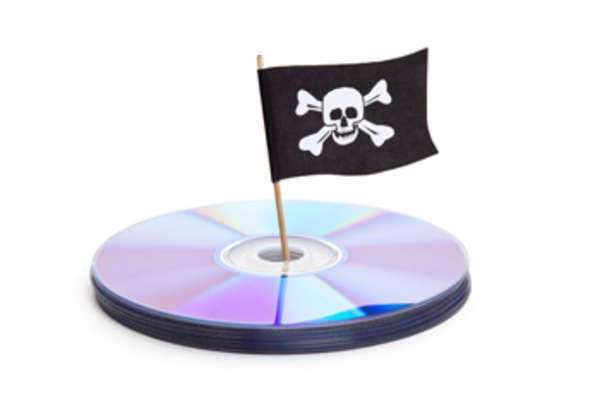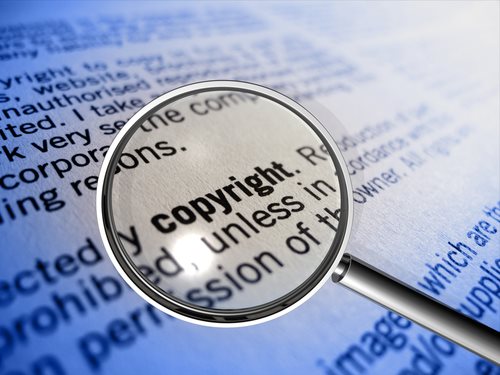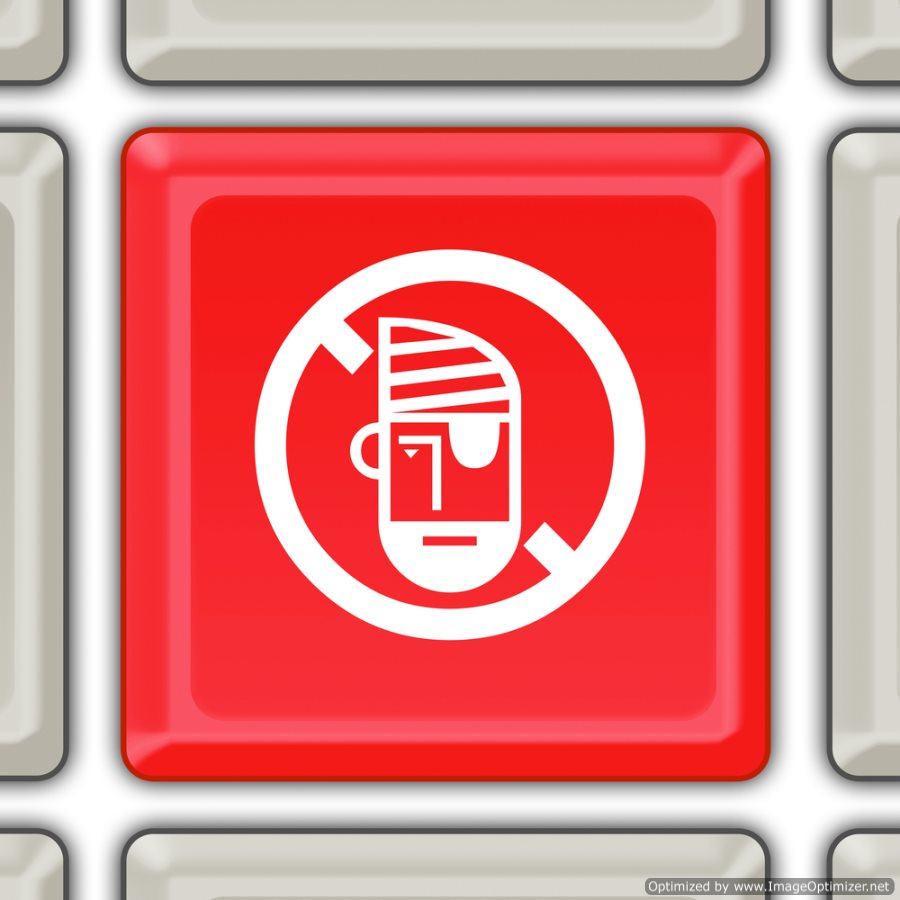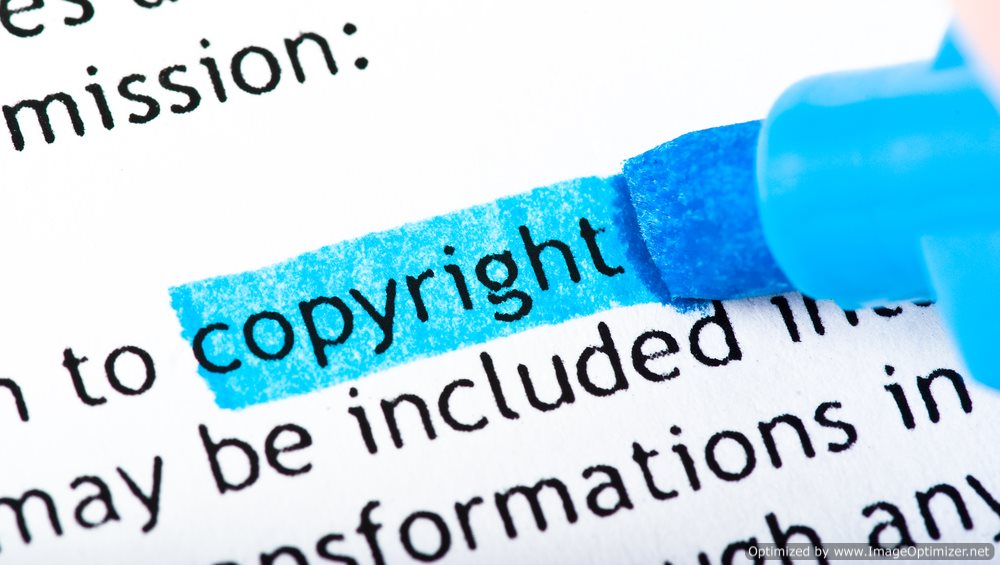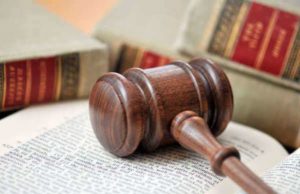Lady Chatterley’s Lover
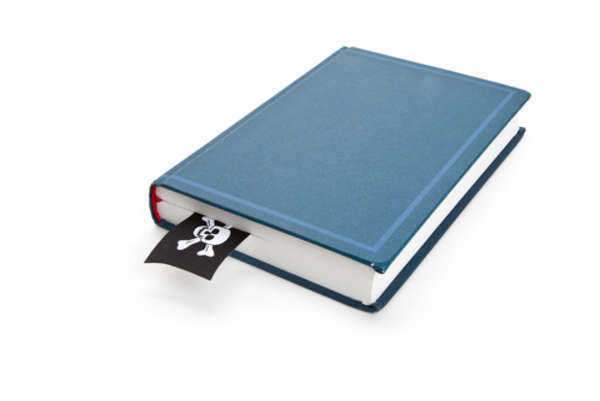
Summary of Lady Chatterley’s Lover
The novel was written by D.H. Lawrence, and it was first published in 1928 in Florence, Italy. The book created a huge amount of controversy in the United Kingdom, the United States, and other countries because of its sexual content, and the book was not printed in the United Kingdom until 1960.
The plot involved the relationship between a married upper-class woman and a working-class man she came to love. Constance, or Lady Chatterley, is married to a disabled war vet, and the emotional and physical distance between Constance and her husband cause her to start an affair with the gamekeeper, Oliver Mellors.
Lawrence was eventually praised for his incorporation of the mind and body theme as well as class disputes throughout the novel. Constance’s character is not satisfied with the mind alone, causing her to start a relationship with Mellors.
Crown v. Penguin Books Ltd: The Case Against Lady Chatterley’s Lover
Publishers in the United Kingdom refused to publish the novel, so Lawrence published the first copies of the novel in Florence, Italy in 1928. The novel was published the next year in Paris as well. Lady Chatterley’s Lover was finally published in the United Kingdom by Penguin Books, but a lawsuit shortly followed.
Penguin was accused of violating the Obscene Publications Act, and it could only distribute the book if acquitted of the charges.
During the trial, officials in the courtroom handed out copies of the novel and asked 12 members of the jury to read it. The book was not allowed to exit the jury room. The prosecution formed a large list of possible witnesses to condemn the book, but the defense had well known and powerful witnesses that argued for its merit. Notable witnesses included E M Forster, Cecil Day-Lewis, Rebecca West, and Richard Hoggart. John Robinson, the Bishop of Woolwich, even called the novel’s sex scenes “an act of holy communion.”
On November 2, 1960, the jury deliberated for three hours and acquitted Penguin Books of all the charges. Copies of the book began to sell immediately, but there were still social hostility toward the book.
Literary Reaction: Post- Lady Chatterley’s Lover
The novel by D.H. Lawrence still remains the most controversial novels of the 20th century. The novel’s content was debated in the United States, Australia, multiple countries in Asia, and more, but the book is considered a classic piece of literature now.
However, public reaction to content within books is still a pressing topic. Schools and communities still ban books because of their violent or sexual content—even though obscenity laws for published material in the United States have all but ceased to exist. The most recent example of controversy involves E.L. James’ book Fifty Shades of Grey. Opponents of the book have criticized the book’s content on BDSM (bondage, discipline, sadism, masochism) and sexual content. The book, however, remains extremely popular and has sold millions of copies.
Source: https://www.telegraph.co.uk/culture/books/8066784/Lady-Chatterley-trial-50-years-on.-The-filthy-book-that-set-us-free-and-fettered-us-forever.html



